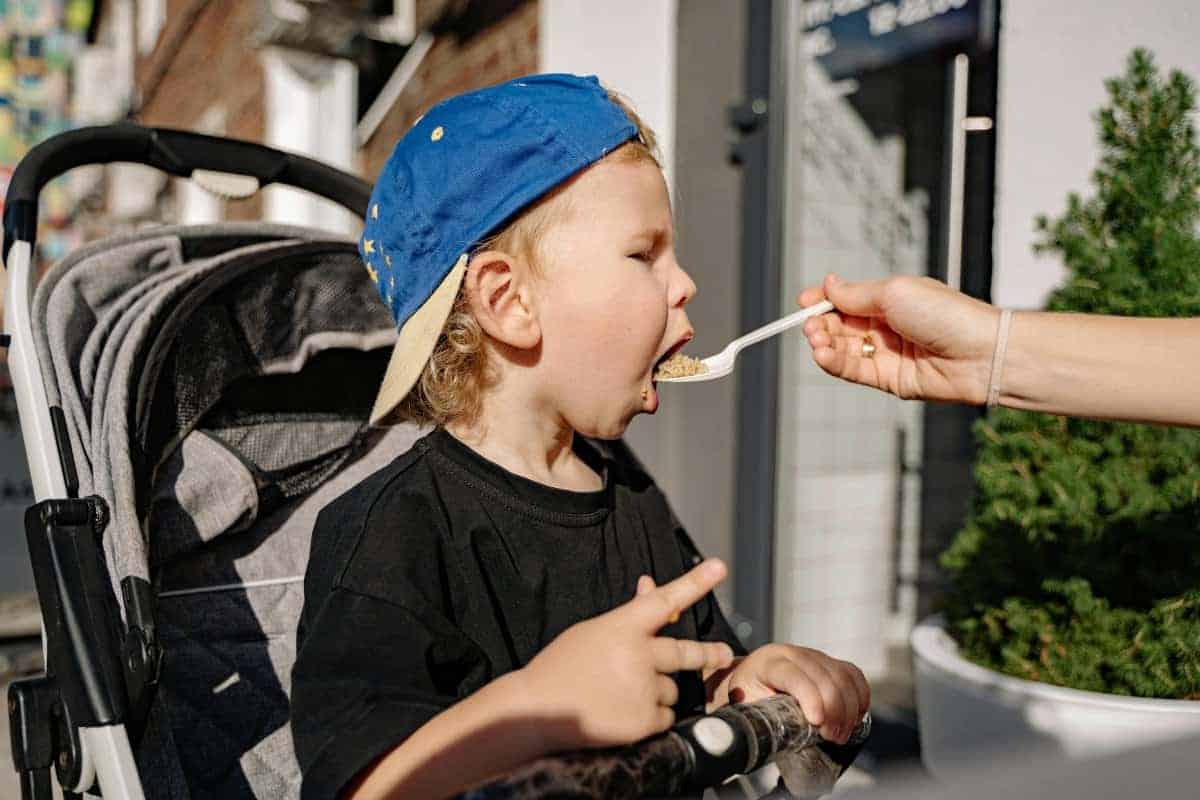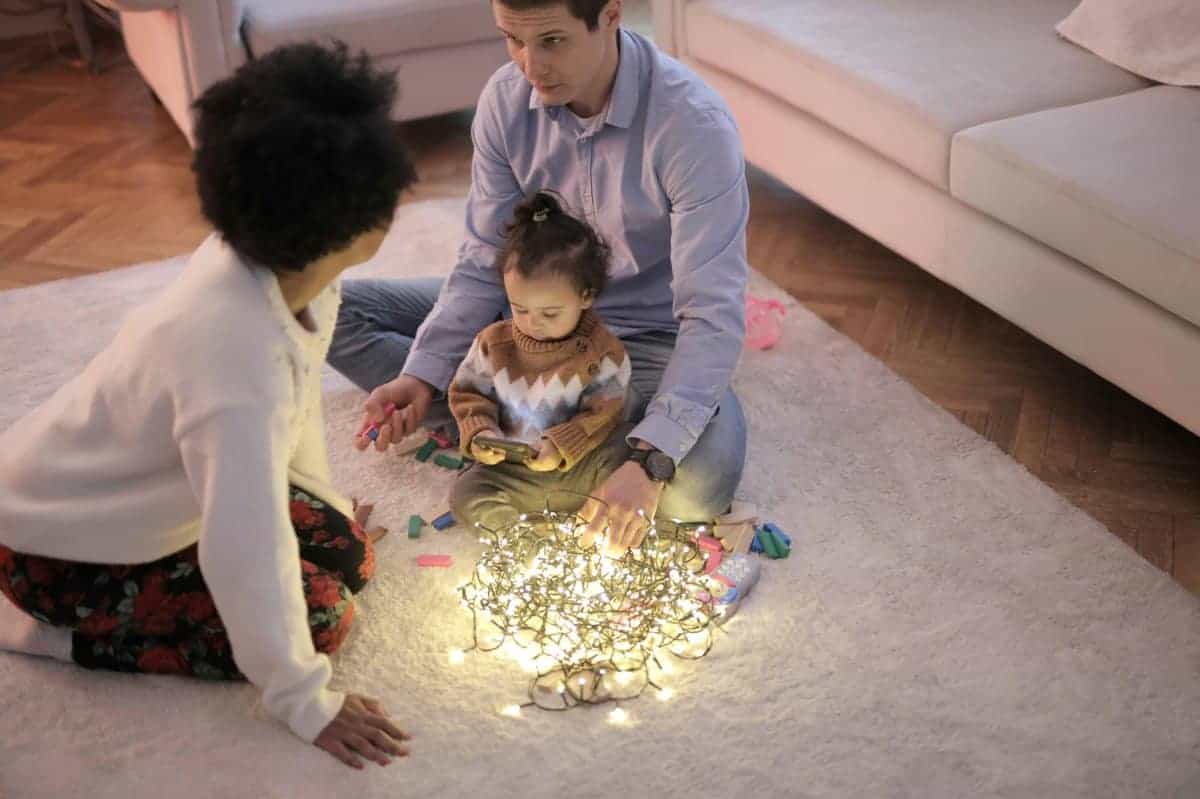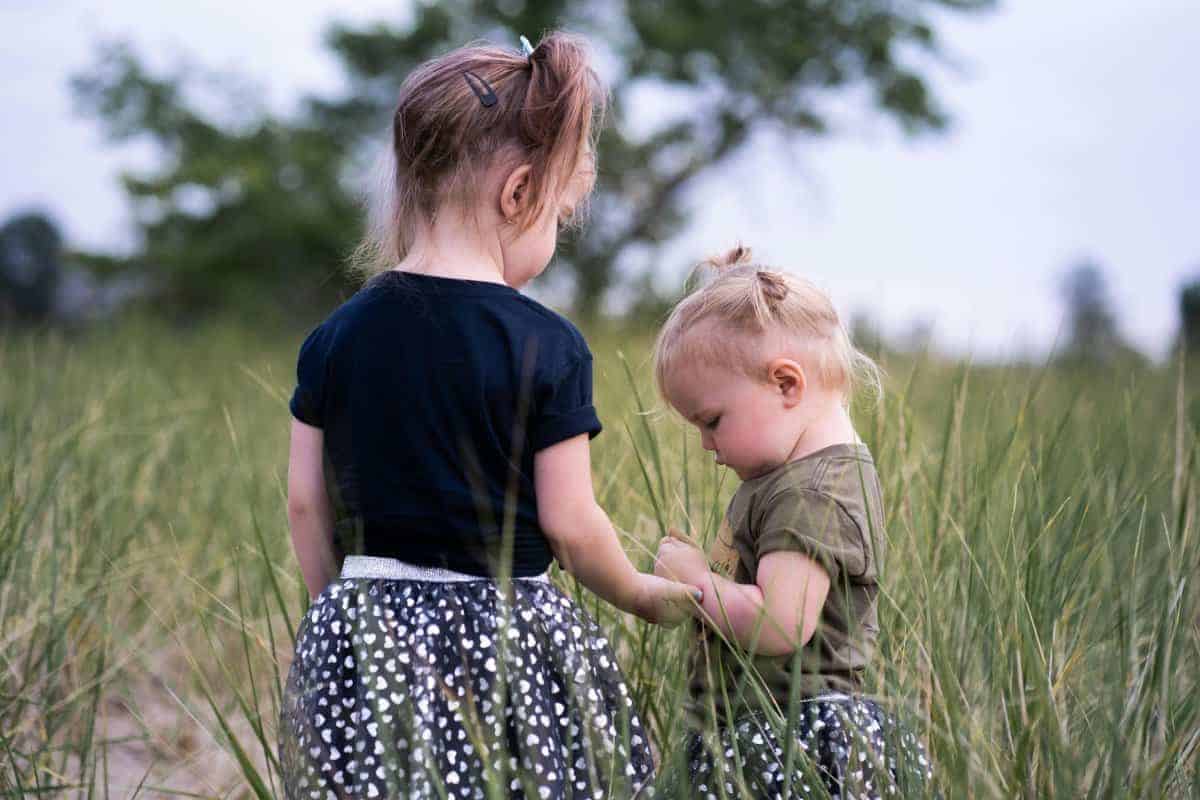Busted: 14 Common Toddler Parenting Myths Parents Still Fall For
Parenting toddlers can feel like navigating a maze of advice—much of it outdated or simply untrue. Despite advances in child development research, myths about raising toddlers still circulate widely among families, friends, and even online communities. These misconceptions often thrive because they’re passed down through generations or repeated by well-meaning loved ones. But relying on myths can lead to confusion, stress, and missed opportunities for healthy growth. It’s time to separate fact from fiction with evidence-based insights, empowering parents to confidently support their little ones’ development.
1. Sugar Makes Toddlers Hyperactive

The idea that sugar sends toddlers into a frenzy is a persistent myth, but scientific studies have repeatedly shown no direct link between sugar intake and hyperactivity. Instead, factors like party excitement, social settings, or anticipation often explain bursts of energy seen after sugary treats. According to the National Institutes of Health, parents’ expectations may play a bigger role than sugar itself in perceived hyperactivity.
2. Good Parents Never Get Frustrated

Many parents believe that feeling frustrated means they’re failing, but this simply isn’t true. Frustration is a normal part of parenting, especially during the toddler years when emotions run high on both sides. Even the most loving caregivers experience moments of impatience or overwhelm. Recognizing these feelings—and finding healthy ways to cope—actually makes you a more resilient and empathetic parent.
3. Toddlers Manipulate Adults with Tantrums

It’s a common misconception that toddlers throw tantrums to manipulate their parents. In reality, tantrums are a natural part of emotional development, not calculated attempts to control adults. Most often, these outbursts occur when toddlers are tired, hungry, overstimulated, or unable to express their needs. Tantrums are simply a sign that toddlers are still learning to manage big feelings—not a reflection of their character or intent.
4. Picking Up a Crying Toddler Spoils Them

Contrary to old advice, comforting a crying toddler does not spoil them. Research shows that consistent emotional responsiveness helps build secure attachment and trust. Ignoring cries in hopes of fostering independence can actually cause more distress and anxiety. Experts at ZERO TO THREE emphasize that comforting children teaches them their feelings matter and encourages healthy emotional development.
5. Early Potty Training Is Always Better

Many parents feel pressured to start potty training as soon as possible, but there’s no universal “right” age. Readiness varies widely—some toddlers show signs at 18 months, while others aren’t ready until age 3 or later. Experts recommend a child-led approach, watching for cues of readiness rather than following strict timelines. This method reduces stress and increases the likelihood of long-term success.
6. Toddlers Need Structured Activities All Day

It’s easy to think that packed schedules and endless structured activities are essential for learning, but unstructured play is equally important for toddlers. Downtime and free play encourage creativity, problem-solving, and independence. The American Academy of Pediatrics recommends balancing structured activities with plenty of time for imaginative, self-directed play to support healthy development and emotional well-being.
7. Bad Behavior Means Bad Parenting

Many parents worry that their toddler’s meltdowns or defiance signal poor parenting, but challenging behaviors are a normal part of development. Testing limits is how toddlers learn about boundaries and consequences. Effective discipline is about guidance, not punishment. Even the most attentive parents will face misbehavior—what matters most is responding with patience and consistency, not perfection.
8. Toddlers Will Eat When They’re Hungry

While it’s comforting to believe toddlers will always eat if they’re hungry, this isn’t the whole story. Picky eating, distractions, and strong food preferences can all affect a toddler’s appetite. For example, a child might refuse dinner after a long, overstimulating day or reject new foods on sight. Offering regular, pressure-free meals and snacks helps toddlers build healthy eating habits over time.
9. Screen Time Is Always Harmful

While excessive screen time can be problematic, not all digital media is created equal. Interactive, age-appropriate content—such as educational games or video chats with loved ones—can support learning and connection. Problems arise when passive viewing replaces play, sleep, or family interaction. Establishing healthy media habits, like co-viewing and setting limits, makes screen time a positive part of modern toddler life.
10. Talking Back Is Disrespectful

Many adults interpret a toddler’s “talking back” as disrespect, but it’s usually a sign of growing independence and emerging language skills. When a toddler questions, protests, or negotiates, they’re practicing communication and testing boundaries. While it can be frustrating, this behavior is a healthy part of development—not defiance. Responding calmly helps children feel heard, and guides them toward respectful ways of expressing themselves.
11. Only Boys or Only Girls Do That

Statements like “boys are always rough” or “girls are naturally nurturing” reinforce outdated gender stereotypes. Toddler behavior varies widely from child to child, regardless of gender. Interests, energy levels, and social skills develop uniquely in every toddler. Encouraging children to explore freely—without labels—fosters confidence, creativity, and genuine self-expression.
12. Toddlers Can’t Understand Discipline

It’s a myth that toddlers are too young to understand discipline. While they may not grasp complex reasoning, they can absolutely learn from consistent boundaries and gentle consequences. Simple strategies—like redirecting, using brief time-outs, or modeling calm behavior—help toddlers connect actions with outcomes. With patience and repetition, toddlers begin to understand what’s expected, laying the groundwork for self-control as they grow.
13. Praise Spoils Children

Some parents worry that praising their toddler will create entitlement, but research shows specific, effort-based praise actually boosts motivation and self-esteem. Empty or excessive praise can be unhelpful, but acknowledging hard work—such as “You tried so hard to build that tower!”—encourages perseverance and confidence. Thoughtful encouragement helps toddlers feel valued and supports a healthy sense of accomplishment.
14. Sibling Rivalry Is Always Bad

Sibling rivalry often gets a bad rap, but it’s not always harmful. Conflicts between siblings can actually teach valuable skills like negotiation, empathy, and problem-solving. When parents guide toddlers through disagreements—encouraging sharing and fair play—they help children build resilience and social competence. Healthy rivalry, managed with patience, can be an important part of growing up together.
Conclusion

Parenting toddlers is challenging enough without the weight of persistent myths clouding your judgment. By questioning old beliefs and embracing evidence-based insights, families can nurture happier, more resilient children. Staying open-minded and willing to learn helps parents adapt to each child’s unique needs and strengths.
.article-content-img img { width: 100% }




